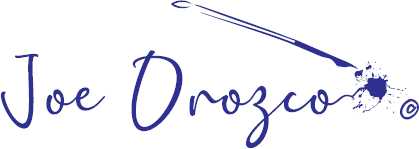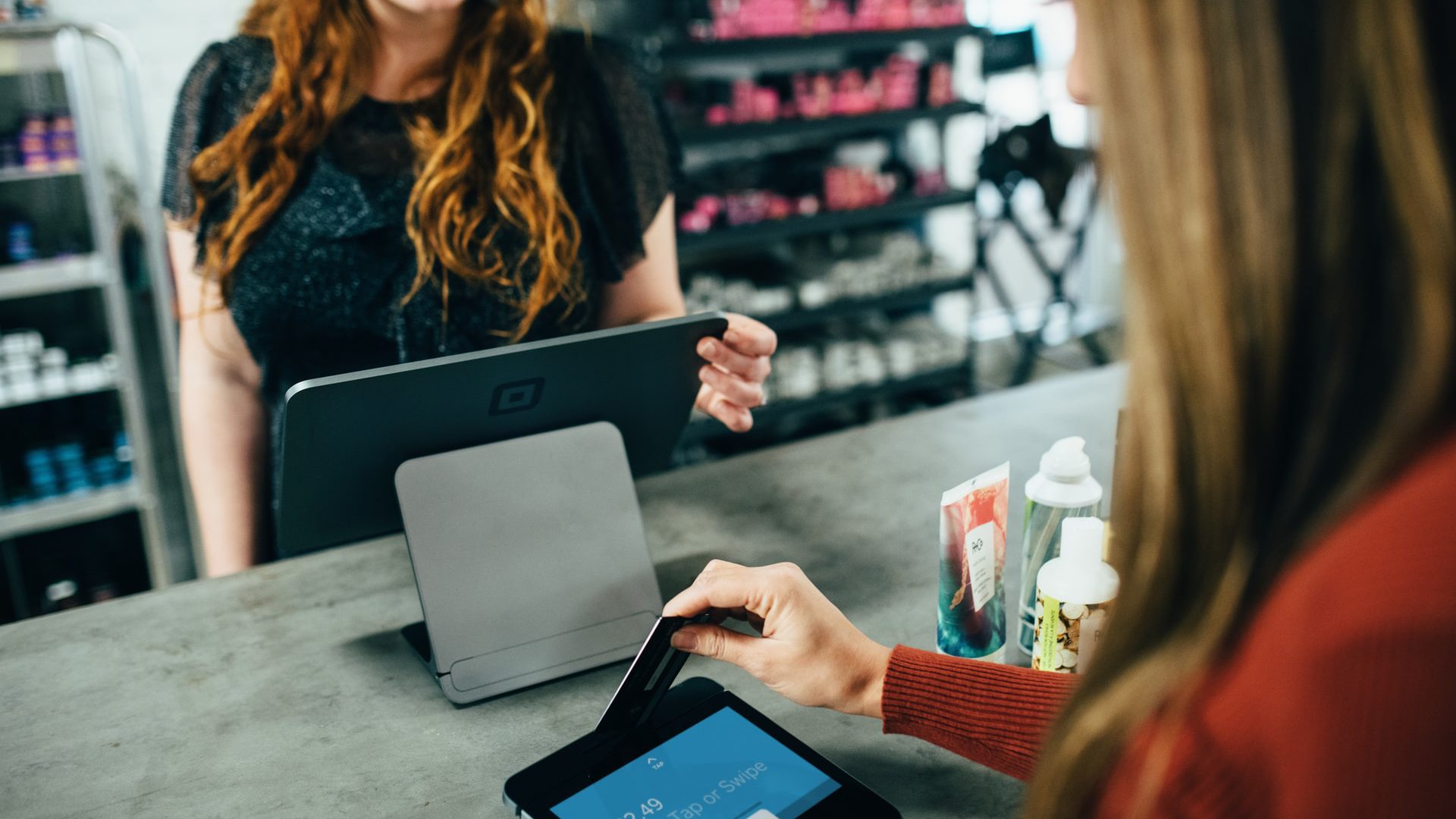Advice on Credit Cards for Beginners
The most embarrassing confession I can make about credit cards is that I can’t tell you a whole lot about my first one. I took it out my freshman year in college, likely from a financial institution interested in earning profit off my poor spending habits. I couldn’t have told you the interest rate on the card, but it likely played a big role in the nearly $1,100 balance the card was carrying when I finally decided to close the account a couple years later.
What was I using the card for? Mostly eating out and alcohol. I only lived on campus my freshman year. When I left the dorms, I also left the meal plan. Looking back, I should have kept the meal plan, because as expensive as it seemed, it would have been more economical per meal than the fast food I was always tempted to pick up on my way home from school. Also, the campus cafeterias were more apt to provide a balanced diet. We’ll tackle groceries and cooking at home in another article.
You might assume the takeaway is to avoid credit cards altogether. That would be incorrect. Credit cards are one good way to establish and cultivate your credit history, but left unchecked, credit cards are also the fastest way to ruin your finances.
What Are Credit Cards?
Credit cards let you borrow money from a financial institution to pay for goods or services. A credit card issuer will look at your credit history, decide how much they can trust you and set a maximum spending limit against which you can borrow.
There is an agreement established between you and the issuer. They give you a credit line. You can charge goods and services against that credit line. At the end of your billing cycle, they send you a statement listing the charges you made against that credit line. If you break your end of the agreement, that is to say you do not pay on time or pay late, they have the right to make you pay a penalty in the form of an interest rate.
Credit cards are typically better than debit cards for one important reason: They protect your purchases. Debit cards linked to your checking or savings account immediately withdraw money from your available funds. On the one hand, this is good. You can only spend what you have. On the other hand, this is bad, because a hacker could use your debit card information to access your available funds. With more debit cards now a part of the Visa or Master Card networks, there is a little more relief for victims of fraud, but I would not risk putting your checking and savings accounts on the line. Also, you don’t build credit by spending against your checking or savings accounts.
Should You Get a Credit Card?
Yes, but be smart about the credit card you choose. People with no credit history might consider taking out a secure credit card. Otherwise, carefully read the terms, and ask yourself these questions:
- How much will you pay if you do not pay the balance in full? This will usually boil down to your APR, or annual percentage rate.
- How much will you pay in late fees?
- Even though you should never do so, how much will you pay if you take out a cash advance?
- Are there annual fees?
- What perks will the card give you, and are these perks ones you would have earned doing the things you already do?
These questions might feel like a hassle. Remember though, you’re likely to keep your credit card for years. You may as well invest a little time in learning what you’re signing up for.
What Mistakes Should You Avoid?
If you can’t afford to pay the balance in full, do not use a credit card. Give yourself time to save a little more money if it’s a large purchase. If it’s an emergency, see if you can borrow the money from someone else first. People mistakenly assume credit cards were designed to help people extend payments over months or even years. In my personal example above, I was spending more money at a faster rate than I could afford as a college student.
Do not use your student loans to pay off your credit card bill. Student loans will likely carry more attractive interest rates than credit cards, but student loans were meant to cover your educational essentials: tuition, books, campus fees, food, and housing. Besides, using one loan to pay off what is basically another loan is just silly.
Use your student status where it makes sense, but do not assume a card marketed toward students will always give you the best deal. Credit card suppliers stay in business by banking on your late and drawn out payments.
Do not take out another credit card if you are struggling to pay the one you already have. Your younger years are the perfect time to learn from your mistakes, but this is one you really shouldn’t wait to learn from experience. The only possible exception to this rule is if you find a credit card that will let you transfer your balance at an introductory 0% APR. In that case, transfer the balance and make a concerted effort to pay down the balance before the introductory period is completed. Do not repeat the mistake of allowing the balance to grow beyond what you can pay.
Final Thoughts
According to an analysis on figures released by the U.S. Census Bureau and the Federal Reserve, 41.2% of all households carry some sort of credit card debt; the mean credit card debt is approximately $5,700.
Figures like those might spook you into not dealing in credit. But, no one is compelling you to feed those statistics. You really can be your own responsible person. Do your research. Know exactly what you’re getting into, and if you take nothing else from this entire article, remember this: Do, not, spend more than you are capable of paying back in any given statement period.
My recommendation for a good credit card to possess at the moment is the Chase Freedom Unlimited card. I’ll devote a review to it shortly, but suffice to say it has no annual fee, features a decent sign up bonus, and provides good cash back and point redemption compared to other credit cards in its class.
Alright, your turn. What do you look for in a credit card, and if you have hesitated to take one out, what are your concerns?



